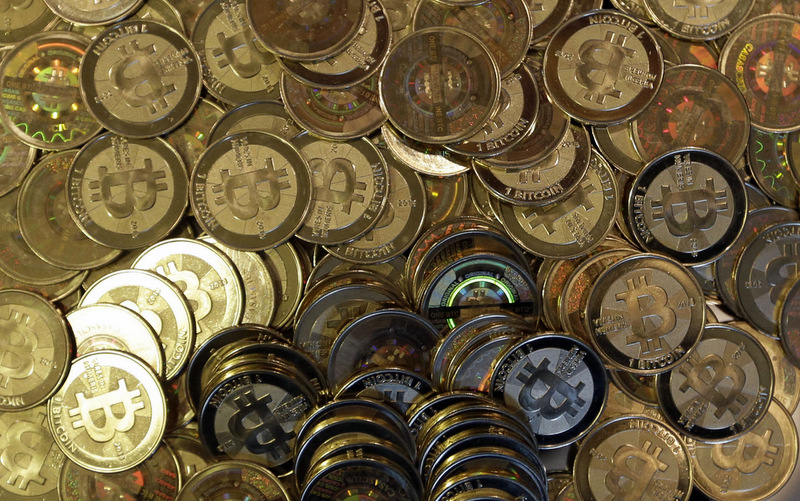 ATHENS — While Greeks are panicking over bank and stock market closures in what seems to be the impending financial collapse of their Mediterranean nation, more eyes are looking toward the world’s most popular cryptocurrency for solutions.
ATHENS — While Greeks are panicking over bank and stock market closures in what seems to be the impending financial collapse of their Mediterranean nation, more eyes are looking toward the world’s most popular cryptocurrency for solutions.
Robert Peston, economics editor for BBC News, called it “Greece’s bank holiday from hell” on Sunday, writing that banks were expected to remain closed for at least a week and a half, with the Greek stock market closed as well. The crisis came after the Greek government failed to hammer out a deal with the European Union over terms of an economic bailout deal and associated austerity measures, which Greece’s ruling party promised to resist in the last election.
“It was more or less impossible for Greek banks to open on Monday, once the European Central Bank announced it was turning off emergency lending to them,” wrote Peston. “Because in the absence of any increase in this so called Emergency Liquidity Assistance, the banks had no way to supply cash to Greek depositors who have been anxiously withdrawing their savings.”
As the country prepares to vote in a referendum that would see the population choose between new austerity measures or potentially exiting the eurozone entirely, one currency is looking like a strong investment to Greeks: bitcoin.
“The price of bitcoin has steadily risen as the Greek crisis has intensified, from $240 on Wednesday to $250 over the weekend,” wrote Alex Hern in the Guardian on Monday. “It remains a long way off its 2014 highs of $1,000 per coin, but what happens after Sunday’s vote is anybody’s guess.”
As of Monday afternoon, bitcoin’s price has further increased to about $256. Hern explained the appeal of the Internet-based currency during a financial crisis:
“In theory, when the conventional financial system is experiencing turbulence, alternative currencies such as bitcoin should have their time to shine. The decentralised nature of the currency means that it’s impossible for any central bank to impose controls on it, while the pseudonymity at its core could make it the perfect vehicle to get money into and out of the country while avoiding legal reprisals.”
According to Brian Kelly, an expert on global financial markets, macro-economics and digital currencies, similar bitcoin buying activity occurred in 2013, when Cyprus instituted new financial controls and confiscated some investors’ funds.
“If Greece does choose to leave the euro zone, it is unclear what currency the government will choose — it could choose a new drachma or it could choose an existing currency like the Russian ruble,” Kelly wrote earlier this month for CNBC. “Regardless of the fiat currency the Greek government chooses, the likelihood that Greek citizens holding paper currency will lose money in a Grexit is very high. Its only natural for citizens to seek an easy and secure alternative.”
Bitcoin may offer a viable alternative currency during a global financial crisis, too, according to an article by Paul Ford, a programmer writing for Bloomberg Business in 2013, because, unlike unstable governments, “there’s nothing to trust but math.” Ford explained that bitcoin thrives “where people would prefer to throw in their lot with anonymous strangers instead of the world economy.” He added:
“Where you see Bitcoins in action you find a weird and heady mix of speculative angst, a fear of being left behind, and people who appear to have lost faith in institutions, who feel most left behind. These are people who’ll trade in purely arbitrary tokens, willing to forgo the comfort of banking systems for the weight of mathematics and the Internet behind it.”


